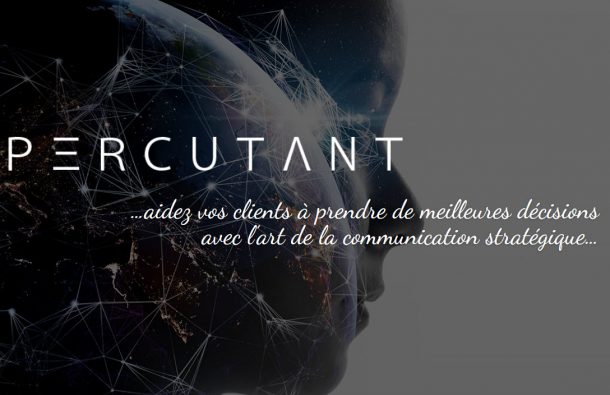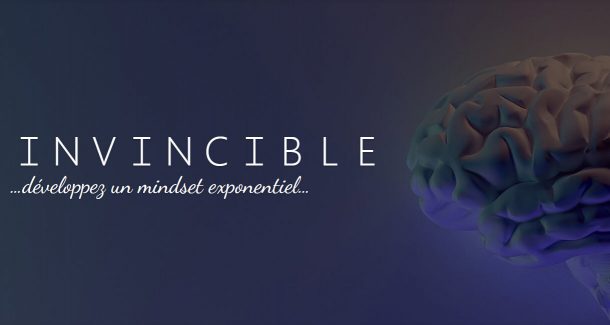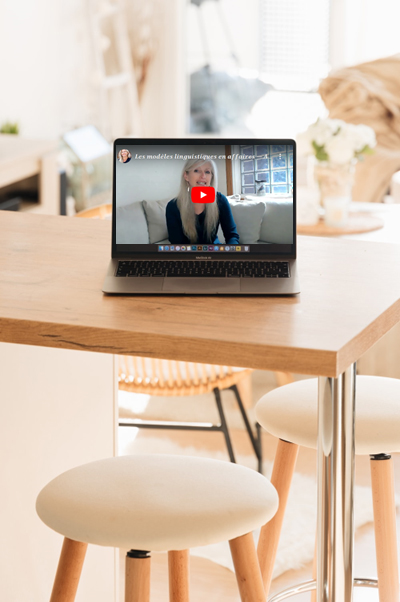We’ve all heard of the “burn-out”, but do you know about the “bored-out”?
One of the key elements in business is having an exceptional team. As the African saying goes, “Alone we go faster, together we go further”.
In recent years, there has been much research published on employee burn-out – which is recognized as the result of chronic work-related stress.
Today, I’d like to draw your attention to the phenomenon of “boredout“, a psychological disorder that causes physical illness mainly caused by mental underload at the workplace due to lack of either adequate quantitative or qualitative workload. Basically, it’s the absence of work challenges, boredom, and lack of interest.
According to a Korn Ferry Institute survey, the main reason people are looking for a new job is because they are bored at the job they are currently hold.
When our employees are happy and fulfilled, a kind of magic takes place in business:
- More innovative solutions are being implemented.
- Our actions become proactive instead of being reactive.
- Absenteeism is decreasing.
- The team transmits its enthusiasm to clients.
- The client experience becomes “wow!”.
- Everyone puts their shoulder to the wheel to identify business opportunities.
- Our business is more successful, and everyone has fun!
I noticed that the bigger the business gets, the more entrepreneurs tend to set up a rigid organization chart, with well-defined, specific tasks for each employee. All these beautiful people must fit the box assigned to them.
What if we saw things differently?
What if we build our teams so that everyone spends 80% of their time in their zone of excellence (what I call “our X factor“)? We all have to do tasks that we like less. But if we spend 80% of our time in our zone of excellence, the remaining 20% of the time will seem much easier.
The zone of excellence is at the intersection of what I love to do and what I’m good at.
For example, I can be super-efficient in stuffing letters in envelopes, but I really don’t like doing that. The result? I’m going to make mistakes, I’m going to procrastinate, I’m going to be bored, and I’m probably going to have a negative attitude. This will affect my work, the team, my interactions with clients, etc.
As a leader, your role is to help your employees define their zone of excellence and identify different challenges that allow them to fulfill themselves, to surpass themselves on a personal and professional level.
How do we determine our zone of excellence? It’s simple, ask your employees to complete in two columns:
- What I love to do.
- What I’m good at.
Then, circle the elements in common in the two columns. This is where your employees should spend 80% of their time on.
As for the other elements on the list, there are three possibilities:
- Assess whether the task really brings value, if it contributes to the achievement of your objectives. If the answer is “no”, delete it.
- Simplify and automate the task as much as possible so that it takes less time.
- Delegate the task to someone for whom they are in their zone of excellence.
You’re the captain of your own ship
A business is like a ship: there’s a captain and a crew, and the two are interdependent. Without a crew, the boat doesn’t move forward, and without a captain, the crew doesn’t know which direction to go.
If you’re leading a crew, here’s my suggestion:
- Ask yourself if you have the right people on your team. People who share your vision and values and who want to actively contribute to your business mission.
- Cultivate internal leadership by delegating roles rather than tasks. When employees understand the business mission, the role they play in this mission, and the importance of their contribution, they are much more motivated to take part in the journey and to take the reins of the things in their control.
- Ask more questions and give fewer answers. The role of the leader is to help people grow. Help your employees to see further, think bigger, and value their contribution.
Here are some examples of questions you could ask:
- And you, what do you think?
- If you were in my place, what would you do?
- How can we achieve the same result in half the time?
Having committed employees is priceless. Take care or them, motivate them, get them to give their best of themselves, to grow personally and professionally. Otherwise, another business owner will take care of them…
Would you like to talk about your leadership and how you keep your team engaged? Simply reach out to me here.

P.S. It’s always with great pleasure that I read your comments, You can contact me at sara.gilbert@saragilbert.coach, and follow us on LinkedIn, Twitter, Facebook, and YouTube.






